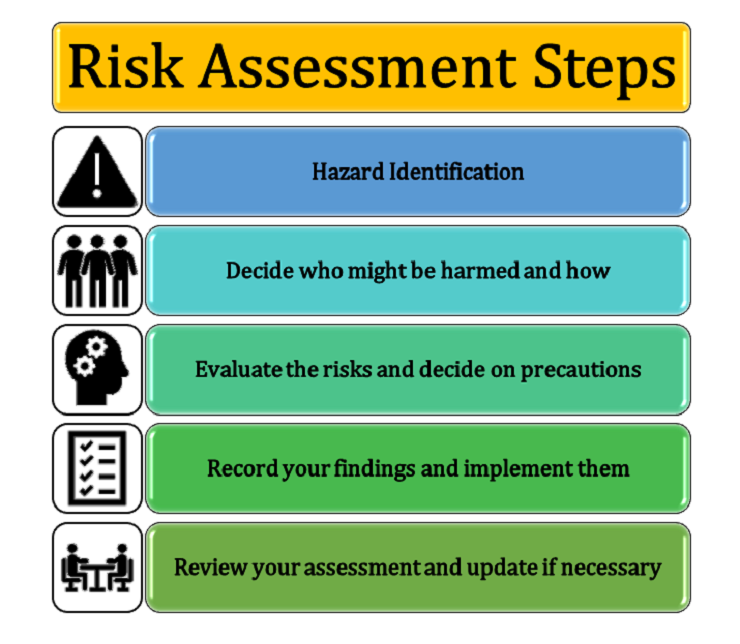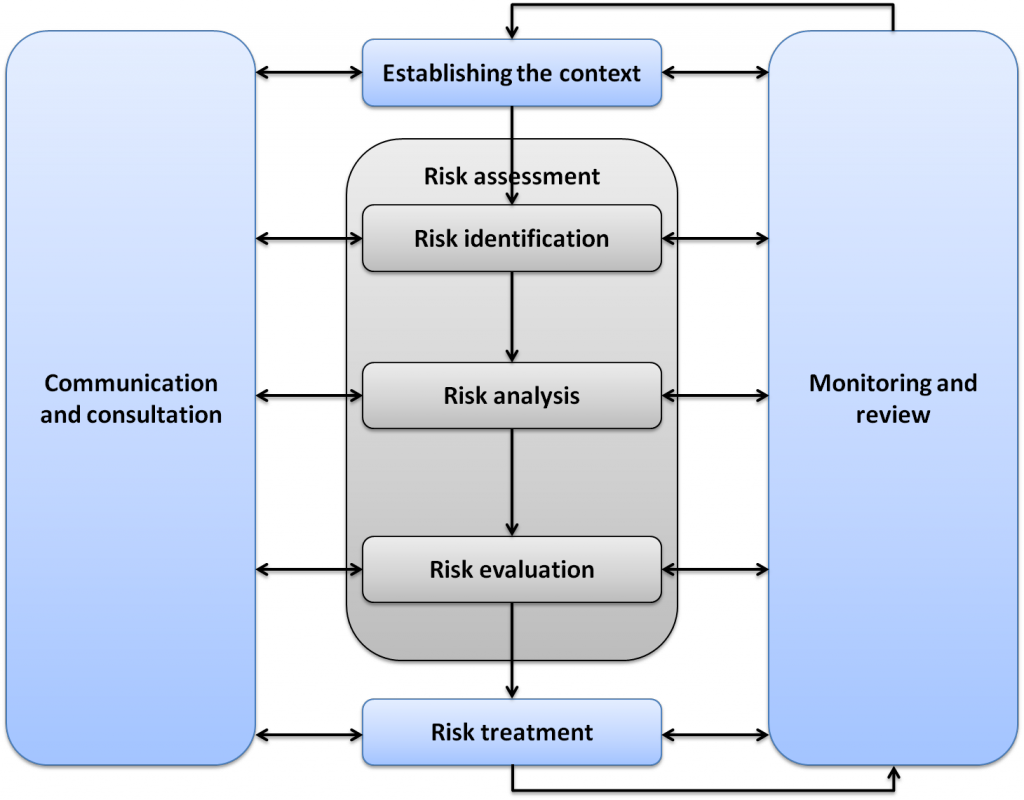Introduction:
In the dynamic and unpredictable realms of business, projects, and life, risk is an omnipresent factor that can influence outcomes and decisions.
While risks cannot be eliminated entirely, the process of risk assessment and management empowers individuals and organizations to navigate uncertainties strategically. In this article, we will explore the significance of risk assessment and management, its fundamental principles, and how mastering this art contributes to achieving objectives and ensuring resilience.
Definition of Risk:
-
Risk is the possibility of suffering damage, losing something, or having an adverse effect on goals. It can arise from various sources, including financial, operational, strategic, compliance, and reputational factors.
Defining Risk Assessment and Management:
-
Risk Assessment: Risk assessment is the systematic process of identifying, evaluating, and prioritizing potential risks that could impact the achievement of objectives. It involves analyzing both the likelihood and consequences of risks.

-
Risk Management: Risk management is the comprehensive process of planning, implementing, and monitoring strategies to address and control identified risks. It encompasses risk identification, assessment, mitigation, and ongoing monitoring.

Strategies for Risk Management:
-
Risk Mitigation:
- Mitigation is the process of proactively reducing the likelihood or impact of risks that have been identified.. This can include implementing controls, diversifying investments, or developing contingency plans.
-
Risk Transfer:
- Some risks can be transferred to external parties through insurance or contractual agreements. This strategy shifts the financial burden of certain risks to third parties.
-
Risk Acceptance:
- In some cases, organizations may choose to accept certain risks, particularly when the cost of mitigation outweighs the potential impact. This strategy requires careful consideration of the organization's risk tolerance.
-
Continuous Monitoring and Review:
-
Effective risk management is an ongoing process. Regular monitoring and review ensure that the organization remains vigilant to emerging risks and can adapt its strategies accordingly.
-
Key Components of Risk Assessment and Management:
- Risk Identification:
-
The first step involves identifying potential risks that could affect the project, business, or individual. This includes internal and external factors, known and unknown variables.
-
- Risk Quantification:
- Risks are then quantified based on their likelihood of occurrence and potential impact. This step helps in resource allocation and risk prioritisation.
- Risk Mitigation Strategies:
- Once risks are identified and quantified, organizations develop and implement mitigation strategies. These strategies may include risk avoidance, risk reduction, risk transfer, or risk acceptance.
- Continuous Monitoring:
-
Risk management is an ongoing process. Continuous monitoring ensures that the risk landscape is regularly reassessed, and strategies are adjusted to reflect changes in the environment.
-
The Importance of Mastering Risk Assessment and Management:
- Strategic Decision Making:
- Mastering risk assessment allows for more informed and strategic decision-making. Leaders can anticipate potential challenges and factor risks into their decision-making processes.
- Resource Optimization:
- Organizations can optimize resources by strategically allocating them to address high-priority risks. This prevents unnecessary expenditure on unforeseen challenges.
- Proactive Problem Solving:
- A mastery of risk assessment and management enables proactive problem-solving. By addressing potential risks before they escalate, organizations can avoid crises and navigate challenges more effectively.
- Enhanced Stakeholder Confidence:
-
Stakeholders, including clients, investors, and team members, gain confidence in an organization's ability to handle uncertainties effectively. This fosters trust and credibility.
-
Real-World Applications:
- Healthcare Industry: In healthcare, risk assessment and management are critical for patient safety, regulatory compliance, and ensuring the continuity of medical services.
-
Information Technology: In the IT sector, managing risks related to data security, cyber threats, and system failures is paramount for the integrity and reliability of technology systems.
Building a Culture of Risk Awareness:
- Leadership Commitment:
- Leadership commitment is crucial in building a culture of risk awareness. When leaders prioritize risk assessment and management, it sets the tone for the entire organization.
- Employee Training and Engagement:
- Providing employees with training on risk assessment and management fosters a culture where everyone is involved in identifying and addressing potential risks.
- Learning from Experience:
-
Organizations should view every experience, whether success or failure, as an opportunity to learn and improve their risk assessment and management processes.
-
Conclusion:
In the unpredictable journey of life and business, mastering the art of risk assessment and management is akin to wielding a powerful compass. It guides individuals and organizations through turbulent waters, helping them navigate challenges and seize opportunities strategically. As we continue to embrace uncertainty, the mastery of risk assessment and management emerges as an invaluable skill, shaping resilient and successful paths toward the future.
